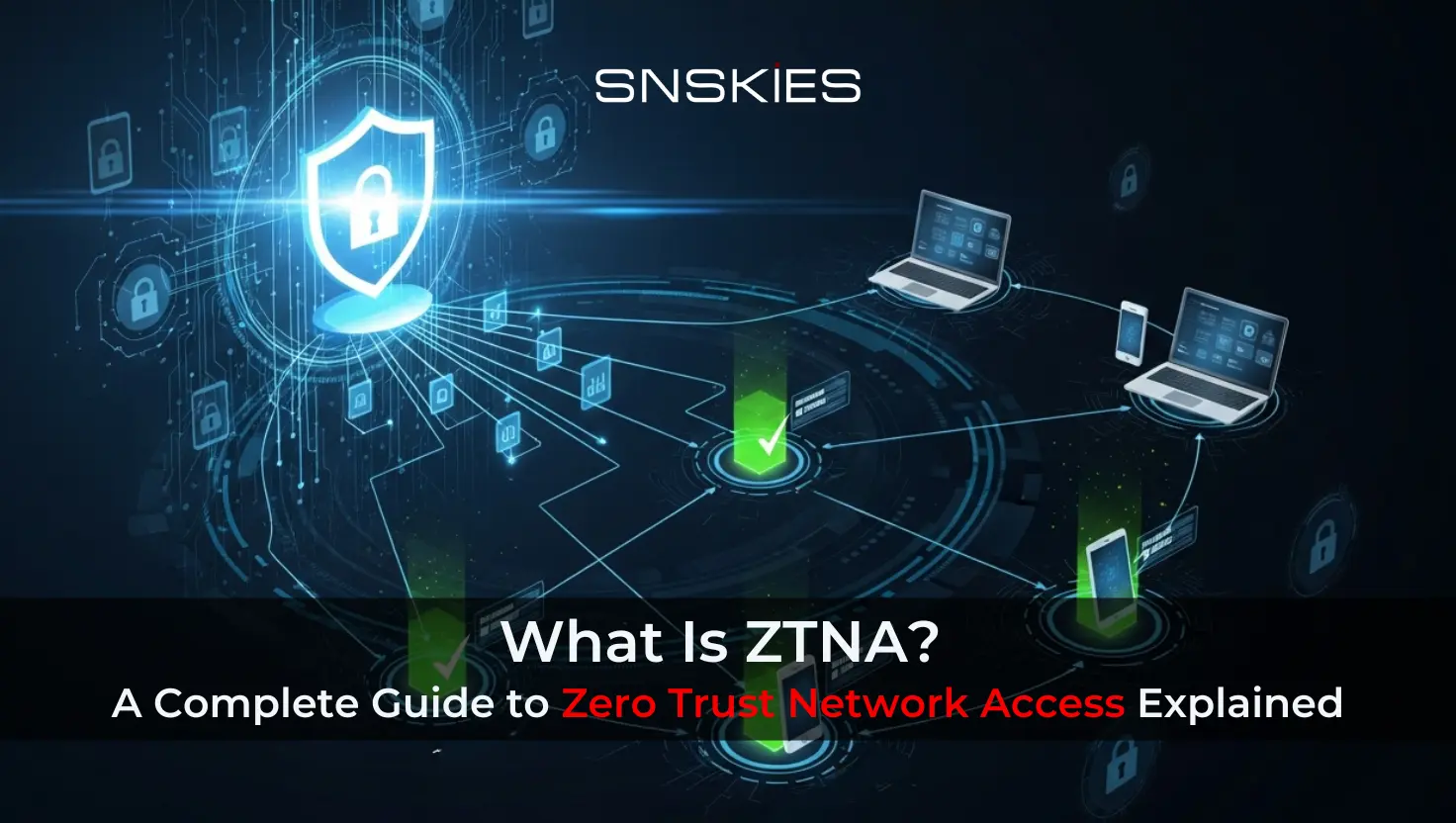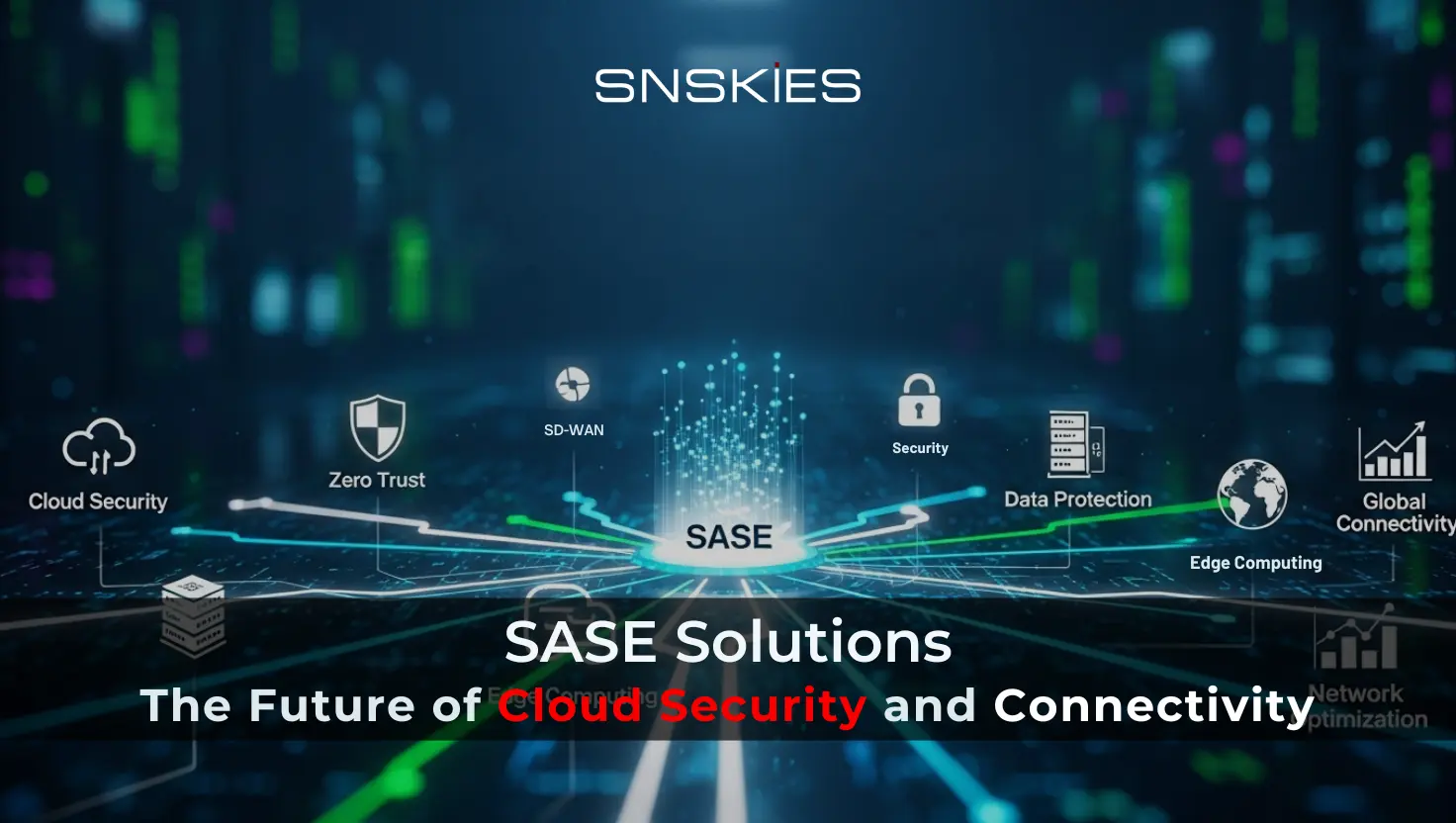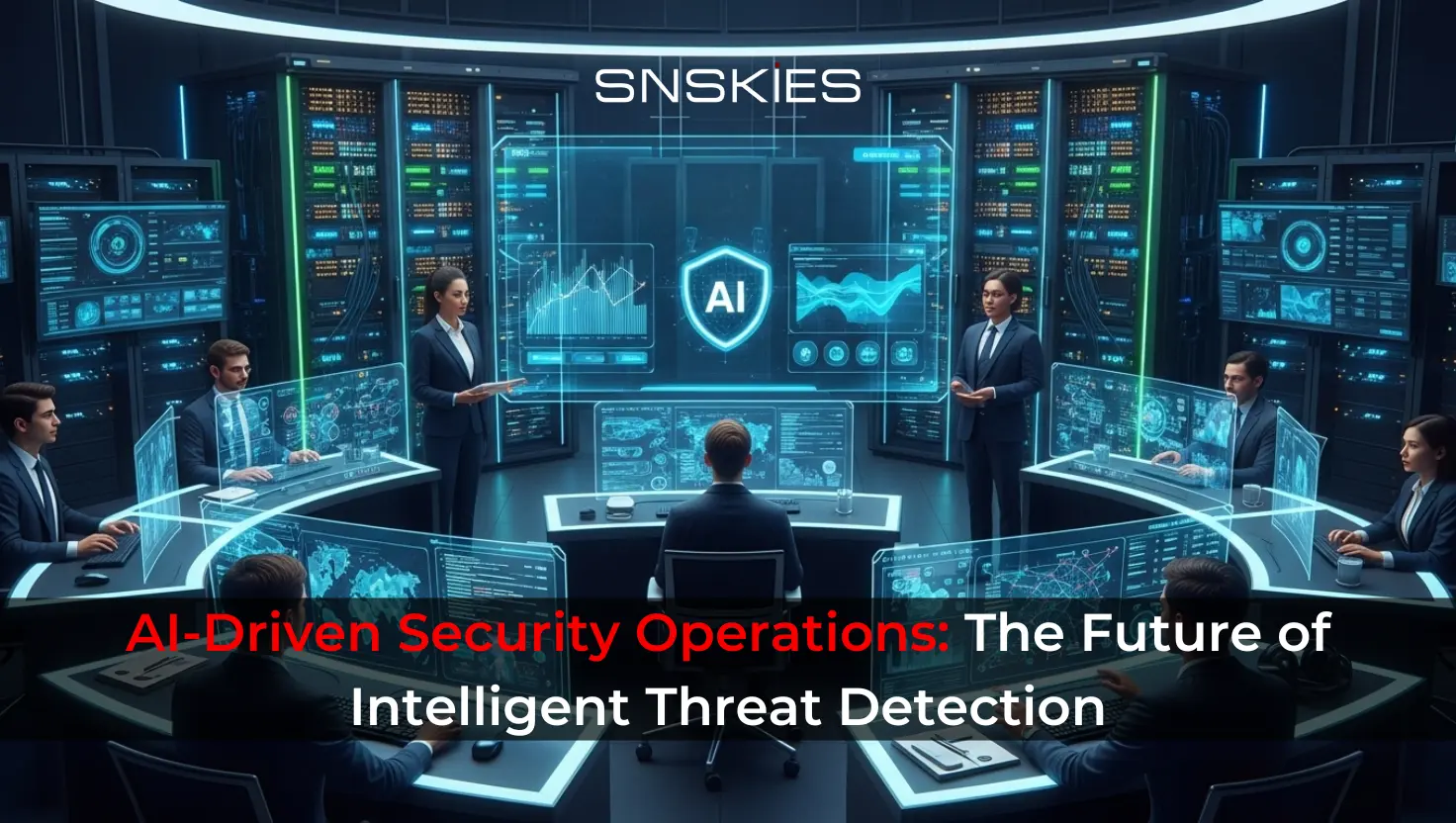- Articles
Types of Cyber Security: A Comprehensive Guide for the UAE and Middle East Market
- Articles
Types of Cyber Security: A Comprehensive Guide for the UAE and Middle East Market
- Articles
- January 29, 2025
Cybersecurity has become a critical aspect of business operations in the UAE and across the Middle East. With the region’s rapid digital transformation and increased reliance on technology, organizations must prioritize robust cybersecurity measures to safeguard sensitive data and ensure operational continuity. This article delves into the types of cybersecurity, explores cybersecurity threats, and highlights their relevance in the Dubai and broader UAE markets.
What Are the Types of Cyber Security: A Comprehensive Guide for the UAE and Middle East Market?
1. Network Security
Network security protects a company’s network infrastructure from unauthorized access, misuse, or attack. In the UAE, businesses rely heavily on secure networks to maintain seamless communication and data sharing, making this a foundational element of cybersecurity.
Key Features of Network Security:
- Network Monitoring and Management Tools: Constant monitoring of network traffic for suspicious activities.
- Access Control and Authentication Systems: Limiting access to authorized personnel only.
- Data Encryption and Decryption: Ensuring secure data transfer across the network.
- Firewall Technology: Preventing unauthorized access to sensitive data.
- Regular Security Audits: Identifying vulnerabilities and addressing them promptly.
2. Application Security
Application security focuses on protecting software and applications from cyber threats during their development and deployment stages. As Dubai’s tech sector grows, ensuring application security is essential to building user trust.
Key Features of Application Security:
- Code Review and Vulnerability Scanning: Identifying and addressing weaknesses in the application code.
- Secure Coding Practices: Implementing industry standards to prevent security loopholes.
- Authentication and Authorization Mechanisms: Ensuring users are verified before accessing sensitive information.
- Regular Security Testing and Updates: Keeping applications resilient against evolving threats.
3. Information Security
Information security ensures the confidentiality, integrity, and availability of sensitive data, whether stored digitally or physically. This is a key priority for organizations in the UAE, especially in industries such as finance, healthcare, and government.
Key Features of Information Security:
- Access Control Mechanisms: Using passwords, biometric verification, or two-factor authentication.
- Data Encryption: Protecting sensitive information at rest and in transit.
- Regular Backups: Safeguarding critical data against accidental loss or attacks.
- Disaster Recovery and Business Continuity Plans: Minimizing downtime during cyber incidents.
- System Monitoring and Logging: Tracking all system activities to detect anomalies.
4. Cloud Security
As businesses in Dubai increasingly migrate to cloud-based systems, cloud security has become a top priority. This involves protecting cloud environments from data breaches, leaks, and unauthorized access.
Key Features of Cloud Security:
- Secure Cloud Configurations: Ensuring proper setup to minimize vulnerabilities.
- Identity and Access Management Controls: Protecting user identities and restricting access to authorized individuals.
- Data Encryption: Encrypting files both at rest and during transmission.
- Regular Security Audits: Maintaining compliance with UAE cybersecurity regulations.
5. Internet of Things (IoT) Security
IoT security safeguards interconnected devices and systems, such as smart home solutions, industrial automation, and connected vehicles. With the UAE adopting IoT technologies at a rapid pace, securing these devices is crucial.
Key Features of IoT Security:
- Secure Communication Protocols: Ensuring data is transferred securely between devices.
- Regular Updates and Patches: Keeping IoT devices free from vulnerabilities.
- Authentication and Access Control: Preventing unauthorized access to devices.
- Data Encryption: Protecting sensitive information stored or transmitted by IoT devices.
- Vulnerability Assessments: Identifying and mitigating risks before they are exploited.
6. Identity and Access Management (IAM)
IAM systems control access to company resources based on user roles and permissions. This is particularly important in the Middle East, where organizations aim to protect critical systems and data.
Key Features of IAM:
- Biometric Verification and Two-Factor Authentication: Adding an extra layer of security.
- Role-Based Access Control: Assigning permissions based on job roles.
- Regular Security Audits: Ensuring compliance with cybersecurity frameworks.
- Password Policies: Enforcing strong and regularly updated passwords.
Categories of Cyberattacks
1. Cybercrime
Cybercrime involves illegal activities carried out through digital means, such as identity theft or financial fraud. The UAE has witnessed an increase in such crimes due to its growing digital economy.
2. Cyberattacks
These are deliberate attempts to disrupt systems, steal data, or damage infrastructure. Examples include ransomware attacks and phishing campaigns targeting UAE businesses.
3. Cyberterrorism
Cyberterrorism involves politically motivated attacks aimed at disrupting national infrastructure or spreading fear. Governments across the Middle East have been taking proactive steps to address such threats.
4. Malware
Malware, including viruses, worms, and trojans, is designed to infiltrate systems and steal or damage data. Dubai-based organizations frequently invest in antivirus solutions and endpoint protection to counter malware.
Threat Detection and Prevention Techniques
1. Social Engineering
Social engineering exploits human psychology to trick individuals into revealing confidential information. Common tactics include phishing emails and phone scams. Businesses must educate employees to recognize and report such attempts.
2. Threat Detection Tools
- Intrusion Detection Systems (IDS)
- Security Information and Event Management (SIEM) solutions
- Real-time monitoring tools
Cybersecurity in the UAE: Market Insights
The UAE cybersecurity market is experiencing significant growth, driven by government initiatives and increased awareness among businesses. According to recent reports:
- Network Security: A dominant segment due to the need for secure data exchanges.
- Endpoint Security: Protecting devices such as laptops, mobile phones, and servers.
- Application Security: Gaining prominence as businesses adopt mobile and web apps.
- Cloud Security: Essential for organizations transitioning to cloud infrastructure.
- Content Security: Safeguarding sensitive information shared online.
Common Cybersecurity Attacks in Dubai
The most common cybersecurity threats faced by Dubai-based companies include:
- Phishing Attacks: Deceptive emails or messages designed to steal credentials.
- Ransomware: Malicious software that locks data until a ransom is paid.
- Distributed Denial of Service (DDoS) Attacks: Overloading systems to disrupt services.
- Insider Threats: Security risks posed by employees or contractors.
Why Cybersecurity is Crucial in Dubai and the Middle East
- High Digital Adoption: With the UAE’s push toward a digital economy, the volume of sensitive data being stored and processed has surged.
- Regulatory Compliance: Governments in the Middle East are implementing stringent cybersecurity laws, such as the UAE Information Assurance Regulation.
- Growing Threat Landscape: Cybercriminals are constantly developing sophisticated attack methods, targeting businesses and critical infrastructure.
FAQs
Cybersecurity is essential for protecting sensitive data, ensuring compliance with regulations, and maintaining trust in the UAE’s digital economy.
The main types include network security, application security, information security, cloud security, IoT security, and identity and access management (IAM).
Phishing, ransomware, DDoS attacks, and insider threats are among the most significant challenges faced by organizations in Dubai.
With the rise of smart cities and industrial IoT, securing interconnected devices is vital to prevent disruptions and maintain data integrity.
Recent Post
- All Posts
- Articles
- Blog
- News


